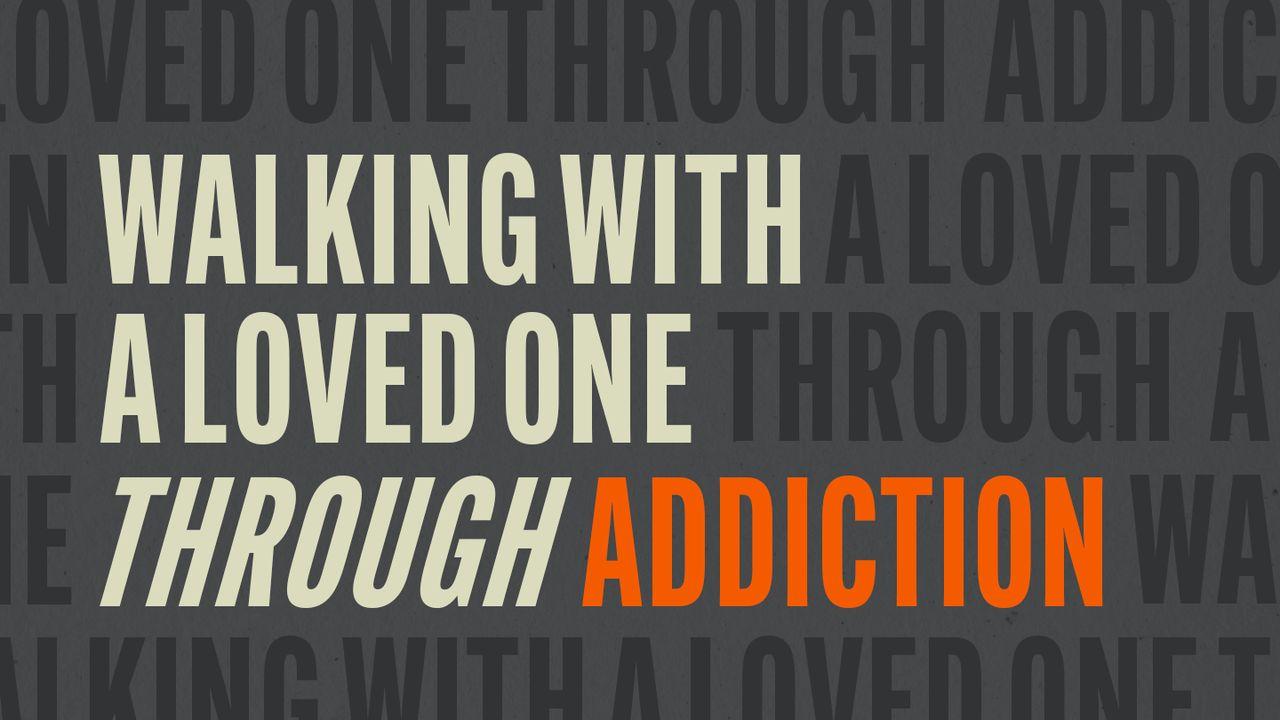Walking With a Loved One Through Addiction预览

I CAN’T, BUT WE CAN
Navigating life in the wilderness was too much for Moses to handle alone! He’d led the people out of Egypt, across the Red Sea, and within touching distance of the promised land. Together, they’d seen wondrous miracles and endured great hardships. And yet, as his father-in-law, Jethro, said, “The work is too heavy for you; you cannot handle it alone.”
As we accompany others on the journey through addiction, we must recognize the limits of our capacity and responsibility. No matter the depth of our love, the strength of our determination, or the wisdom of our plans, there will always be a gap between what we desire and what we can make happen. We need to care wisely! Not just for our well-being but for the sake of those we seek to help.
The philosopher Martin Heidegger draws a helpful distinction between two ways of caring for others: “caretaking” and “caregiving.” Caretaking involves doing things for others, so they don’t have to do them themselves. Caretakers protect, provide, and solve problems on behalf of others. In contrast, caregiving “does not take the cares off the shoulders of its recipients.” Caregivers help others “pick up their own burdens and hoist them on their own shoulders. ”They go ahead, clearing the way, making “it possible for the care receiver to assume his or her own proper, personal care.”[i]Where caretaking (or enabling) disables, caregiving empowers.
In recovery from addiction, the individual sits in the driver’s seat. None of us can make the choices that lead to freedom for anyone else. And yet, we can’t overstate the role of relationships in recovery. Recovery happens in community. As the old Alcoholics Anonymous saying goes, “I can’t, but we can.” Or, put another way, “no one can do it for you, but you can’t do it alone.”
What’s true for those in recovery is equally valid for those who accompany them along the way. You can’t do this alone! You need caregivers alongside you – allies who will listen, encourage, counsel, help, and pray with you. If you haven’t done so already, consider joining a support group such as Al-Anon (for the friends and families of alcoholics), Nar-Anon (for people affected by drug addiction), or a supportive group within your local church community.
As you walk with a loved one through addiction, one day at a time, don’t be tempted to go it alone. Today, as you journey in the wilderness, make the words of the Serenity Prayer your own:
God, grant me the serenity
to accept the things I cannot change,
the courage to change the things I can,
and the wisdom to know the difference.
Living one day at a time,
enjoying one moment at a time;
accepting hardship as a pathway to peace;
taking, as Jesus did,
this sinful world as it is,
not as I would have it;
trusting that You will make all things right
if I surrender to Your will;
so that I may be reasonably happy in this life
and supremely happy with You forever in the next.
Amen.
[i] Martin Heidegger summarised by Francis Seeburger, Addiction and Responsibility: An Enquiry Into the Addictive Mind (New York: Crossroad, 1993), loc. 1682.
读经计划介绍

Addiction affects one in every five people worldwide. Many of us walk alongside a loved one who struggles with addiction. How best can we help them? How do we look after ourselves along the way? Over the next five days, we’ll reflect on this journey. To help us, we’ll explore the journey of God’s people through the wilderness – from slavery in Egypt to freedom in the promised land.
More

